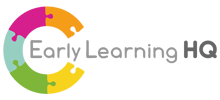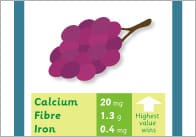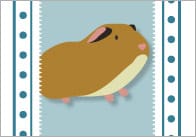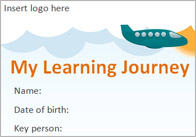CAF process results in long term savings
The Local Authority Research Consortium (LARC) produced a very interesting report this week highlighting the relative financial value of the Common Assessment Framework. The report (Early intervention, using the CAF process, and its cost effectiveness) concluded that by identifying children and families in need of help at an early stage the CAF process served a valuable social function but also produced a long term financial saving for the state.
In relation to the former it was said that engagement in education improved for those children involved in a CAF and that the process helped to break down barriers to learning and enabled schools to “engage with learners who would otherwise have been at risk of under achievement and/or exclusion”. At the same time, it was said that the CAF process achieved these positive outcomes in a cost-effective way.
The CAF process is typically invoked because of a child’s behavioural difficulties, low-attainment and engagement at school or because parents felt they were unable to cope. According to LARC most CAF procedures cost less than £3000 and result in a savings of tens of thousands of pounds. Of the 78 cases studied almost the vast majority produced a saving of between £11,000 and £150,000. The most common saving was between £41,000 and £60,000.
Estimated savings were calculated on the basis that the CAF resulted in the avoidance of certain negative outcomes ranging from young people receiving emotional support to becoming NEET, being involved in the Youth Justice System, being taken into care and/or family members needing mental health care. On the strength of this research LARC recommended that teh CAF process should be viewed as a “a fundamental building block that enables LAs and their partner agencies to work together effectively to support early intervention and prevention.”
The report is available on the National Foundation for Educational Research website. You can view it here.
Popular Teaching Resources
Stay Up To Date
Sign up for our newsletter and we’ll let you know when we create new early years resources.





